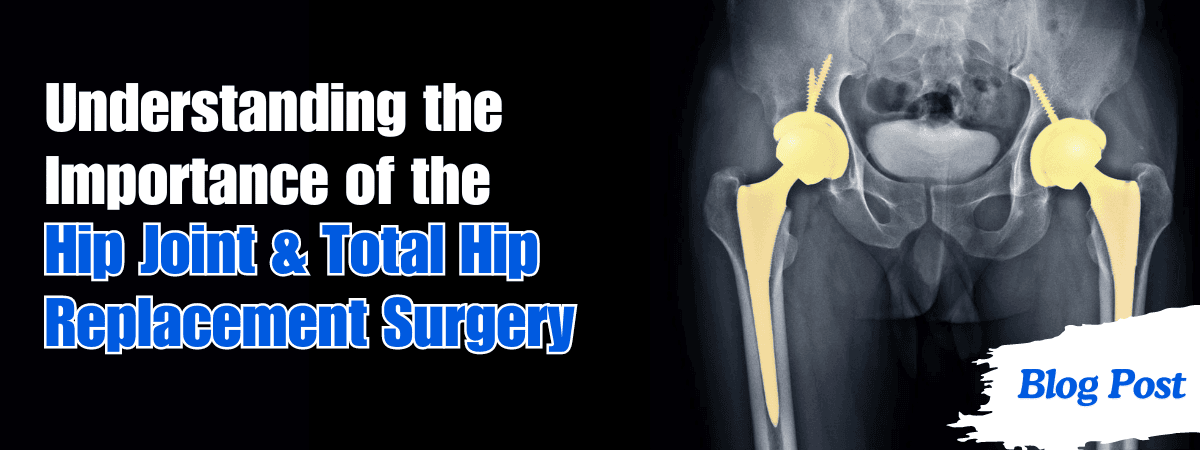
Introduction:
The hip joint is a vital component of the human body, facilitating various movements and providing stability during daily activities. When the hip joint becomes damaged due to conditions like arthritis or injury, it can significantly impact a person’s mobility and quality of life. In such cases, total hip replacement surgery emerges as a highly effective treatment option. In this article, we’ll delve into the importance of the hip joint and explore the intricacies of total hip replacement surgery.
The Role of the Hip Joint:
The hip joint is a ball-and-socket joint located where the femur (thigh bone) meets the pelvis. This complex structure allows for a wide range of movements, including walking, running, and standing. The muscles surrounding the hip joint play a crucial role in supporting the body’s weight and facilitating smooth movement. Additionally, the hip joint contributes to overall stability and balance, making it essential for various functional activities.
Understanding Total Hip Replacement Surgery:
Total hip replacement (THR) surgery is a procedure performed to replace the damaged or diseased parts of the hip joint with artificial components. The surgery involves removing the damaged femoral head (ball) and acetabulum (socket) and replacing them with prosthetic implants made of metal, plastic, or ceramic materials. These implants mimic the natural structure and function of the hip joint, allowing for improved mobility and reduced pain.
Indications for Total Hip Replacement Surgery:
Total hip replacement surgery is recommended for individuals with severe hip joint damage caused by various conditions, including:
- Avascular necrosis of the hip joint (osteonecrosis of the femoral head)
- Ankylosing spondylitis
- Rheumatoid arthritis
- Post-traumatic hip arthritis (secondary to acetabulum fracture or failed neck femur fracture)
- Primary hip osteoarthritis
The decision to undergo hip replacement surgery is typically made after conservative treatments, such as lifestyle modifications, medications, and physical therapy, have failed to provide adequate relief. The surgery aims to restore hip function, alleviate pain, and improve the overall quality of life for patients.
Conclusion:
The hip joint is essential for maintaining mobility, stability, and overall functionality in daily life. When hip joint damage or arthritis impairs these functions, total hip replacement surgery offers a viable solution to alleviate pain and restore mobility.
Ready to take control of your hip health? Schedule your consultation with Dr. Nikhil Gadre, Solapur’s best hip replacement surgeon, today. Contact us at 7972900151 or click here to book your appointment and embark on your journey towards a pain-free and active lifestyle.


Add a Comment